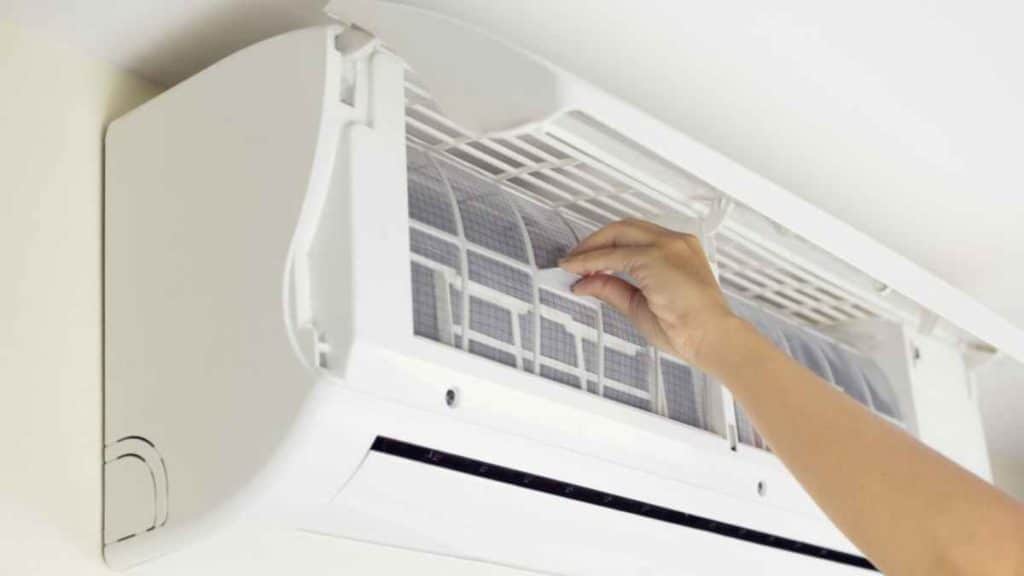For the first time in years, the smog hovering over most city skylines seemed to recede in 2020 as COVID-19 forced the world to an almost complete halt. These environmental changes resulted from reduced activities contributing to pollution, which is evidence of the link between industry and pollution.
While almost every person is aware of the pollution in the cities, not many take the time to think about the quality of the air they breathe indoors, which according to the Centers for Disease Control and Prevention(CDC), can contain 100 more pollutants than outdoor air.
Luckily improving your indoor air quality does not take much. This guide offers some easy tips that you could implement to improve the quality of your indoor air significantly.
Change Your Filters
Your HVAC system is equipped with filters designed to trap debris and dust from outdoor air and thus prevent it from getting into your home. It also has filters on the outlet vents to prevent debris inside your home from getting into the system.
When these filters are clogged, the airflow in your home is significantly curtailed, resulting in poor indoor air quality. Besides curtailed airflow, clogged-up vents force your system to work harder than it should, resulting in increased tear and wear and higher utility bills.
The frequency of changing your filters will depend on the quality of your filter, the manufacturer’s recommendation, and your environment.
Avoid Smoking Indoors
Cigarette smoke is inherently harmful irrespective of whether you are the actual smoker or when inhaled as secondhand smoke by other home occupants. According to the CDC, approximately 2.5 million people have died due to secondhand smoke complications since the year 1964.
So if you care for the ones you love, smoking indoors should be out of the question. Besides health complications, tobacco smoke odor tends to hold on to fabrics inside the home, giving your home a consistent smoke odor that can be quite off-putting.
Keep It Clean
The cleanliness of your home is a huge factor in the quality of your indoor air, so make cleaning a regular thing. Consider wiping and vacuuming at least once a week, but two times is even better. When vacuuming, focus on shelves, couches, carpets, and rugs that tend to hold dust particles and other allergens like animal fur and dander.
Leaving your outdoor shoes at the door can feel like an inconvenience, but it is an excellent way of ensuring you do not transfer outdoor contaminants to your home. Deepening on the types of outdoor activity, you should also consider changing into new clothes to avoid bringing in dust and other debris from the outdoors.
Let Clean Air In
Nothing helps freshen up your living space more than allowing the free flow of fresh air by opening up your door and windows when the conditions are ideal. Most people consider summer the ideal time to open up your windows.
“It’s a good idea to periodically let fresh air into your home. You do not have to do it for long, a few minutes will be enough to air your home out,” says Shaun Billings of IAQ Experts A/C & Heating.
Damp environments are the perfect breeding grounds for molds and yeasts known to cause respiratory problems, so you want to keep the dampness in your home at a minimum by airing out your bathrooms and kitchen while ensuring that all damp clothes stay outside the home.


